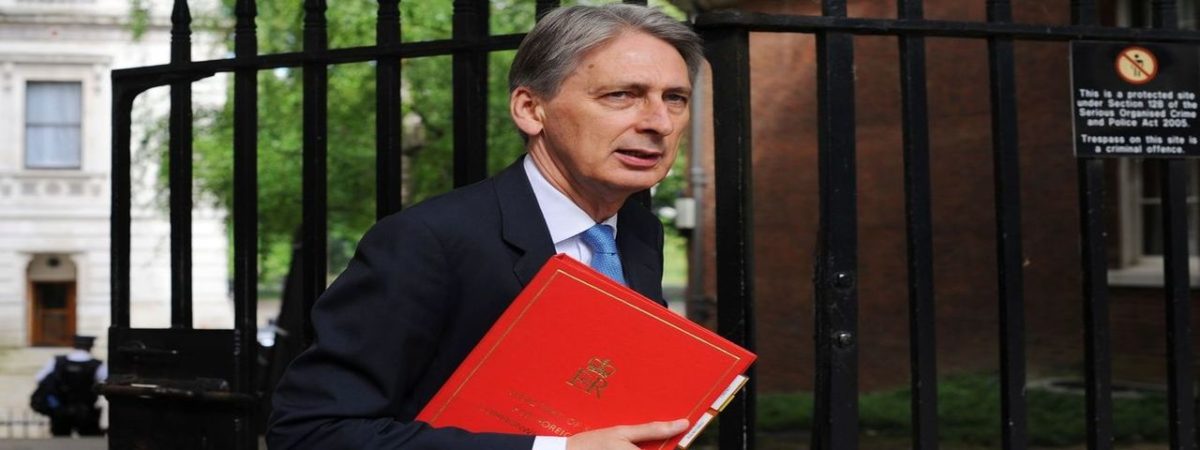IEA reacts to the Prime Minister’s party conference speech
SUGGESTED

IEA reacts to the Chancellor of the Exchequer's speech at Conservative Party Conference

IEA releases the 2018 Breakthrough Prize finalists shortlist

IEA reacts to Theresa May's speech at Conservative Party Conference
On the speech, IEA Director General Mark Littlewood said:
“The Prime Minster delivered a robust defence of the benefits of free enterprise, spelling out clearly that nationalisation of industry results in less efficient and more expensive delivery of services.
“But the actual policies announced and promoted today around housing, energy costs and the National Health Service were far more interventionist in nature. And this Government’s introduction of the sugar tax, as well as advertising bans, certainly do not marry up to the ‘freedom to choose’ rhetoric.
“The UK won’t be able to reap the full benefits of capitalism and enterprise until philosophy and practical solutions are made to fully align.”
Commenting on the announcement that local councils will see their cap on borrowing lifted for the purpose of house-building, Mark Littlewood said:
“While the Prime Minister seems to have grasped the root cause of the housing crisis – that is, the extreme under-supply of homes – her proposal to lift the borrowing cap for local councils is not the way to address it.
“The UK already has one of the highest proportions of social housing in Europe – more so than France, Germany and Spain. There is no specific shortage of social housing, or private rented accommodation, or homes for first-time buyers, or housing of any other type, but an overall shortage of inexpensive housing across all tenures.
“The private sector could deliver the number of homes needed if it were given the opportunity to do so, through planning liberalisation and incentives to build. Permitting councils to borrow to do a similar job is likely to lead to less efficient outcomes, and is certain to lead to a higher debt burden, which taxpayers will have to pay for down the road.
“This is a financially irresponsible and costly proposal, which will still not do the job of getting renters onto the housing ladder.”
On the announcement of a long term strategy for improving cancer care, the IEA’s Associate Director Kate Andrews said:
“The Prime Minister is right to acknowledge that the NHS is lagging behind other healthcare systems, particularly when it comes to cancer survival rates.
“If British patients with the five most common types of cancer were treated in Germany or Belgium, 13,000 and 14,000 lives respectively could be saved each year.”
“A long-term strategy to improve provision is desperately needed, and this requires more than simply injecting money into a broken system. The UK should start to look to the superior systems in mainland Europe, where healthcare systems are consistently outperforming Britain on crucial aspects of healthcare, such as A&E waiting times and cancer treatment.”
On the commitment to bring in energy price caps before the end of the year, the IEA’s Director General Mark Littlewood said:
“Reconfirming the Government’s energy price cap policy flies in the face of the Prime Minister’s support of free markets.
“This is a crude market intervention that will not guarantee lower bills for consumers. The move could in fact end up backfiring with energy companies likely to raise prices before the cap is introduced.”
For media enquiries please contact Nerissa Chesterfield, Head of Communications:nchesterfield@iea.org.uk, 07791 390 268 | 020 7799 8920
For more IEA research on the NHS, click here.
For more IEA research on housing, click here.
The mission of the Institute of Economic Affairs is to improve understanding of the fundamental institutions of a free society by analysing and expounding the role of markets in solving economic and social problems and seeks to provide analysis in order to improve the public understanding of economics.
The IEA is a registered educational charity and independent of all political parties.



